Though the conversation about AI development and implementation is one almost every industry is having right now, with healthcare, it’s a bit different. This is because, specifically in areas like nursing, AI has already been aiding healthcare providers for years. Artificial intelligence in nursing is already changing the framework of patient care and nursing jobs.
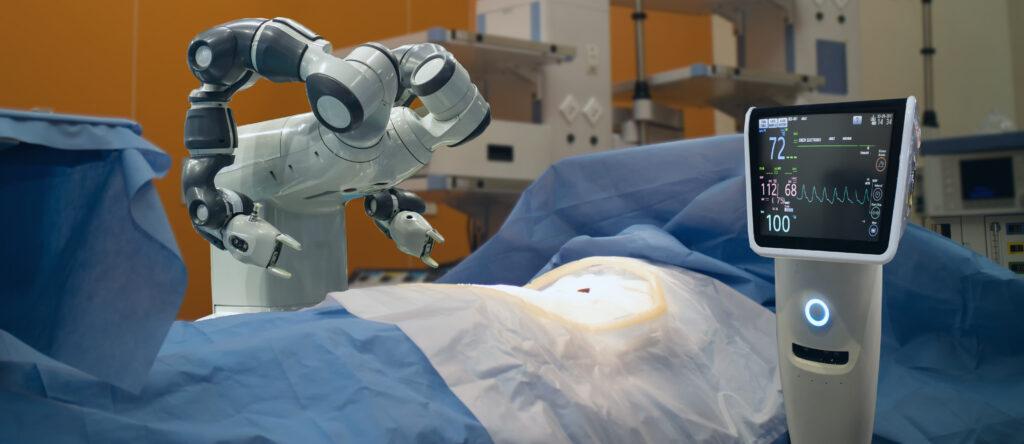
The Advent of Artificial Intelligence in Nursing
It is easy to imagine AI as new, since so few of us see it on the consumer side of things, but it has been running quite a few things in nurse stations and doctors’ offices since as far back as the 1970’s. In healthcare, AI is a term used to refer to the ability of certain computers and processors to independently convert data into usable knowledge that nurses can then base decisions on. A far cry from the popular idea of a robotic, humanoid presence that fills us with fear, AI in nursing is most often used to help providers make the quickest, most effective decisions regarding a patient’s treatment, health, and – ultimately – their survival.
The AI tech used in nursing and healthcare currently consists of:
- Clinical decision support
- Smart data analysis
- Mobile health and wearable sensors
- Voice assistance, virtual conferencing, and robotics
So, while robotics and similar technology are part of AI, the bulk of it has to do with inputs, outputs, and the efficiency a machine can achieve, versus a human mind. Check out the next section to learn about how these advances can affect your role as a nurse.
Clinical Decision Support
Clinical decision support tools consist of a host of AI services that enhance a nurse’s ability to make crucial choices at important moments in treatment. These include alerts that appear in a patient’s electronic health records, guidelines that delineate the best practices for a medical facility, medical reports detailing patient progress, and, most importantly, predictions and suggestions on patient treatment based on massive trend analysis that is well beyond the reaches of the human mind.
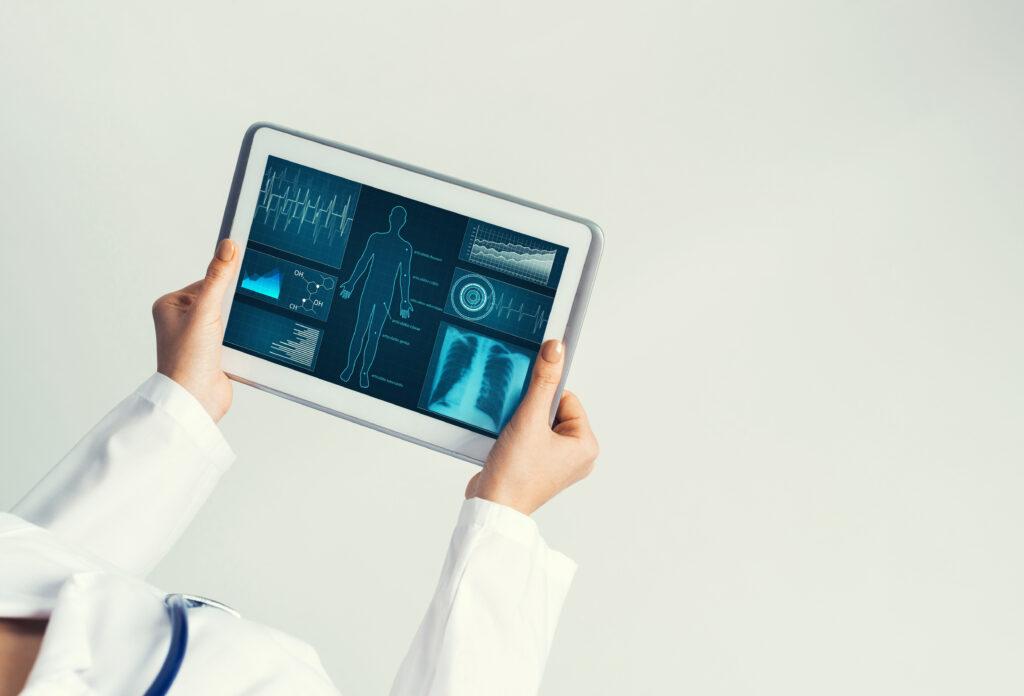
The most interesting factor, by far, is that none of the nursing and healthcare concepts that this tech has enhanced owe their existence to AI. They are all old concepts that have been constantly refined throughout the history of medicine. Take fall risk prediction, for instance. This analysis has been part of the treatment for older patients with balance issues for years, but clinical decision support tools can manage larger volume of data sets at a quicker rate and provide a more accurate assessment of the same variables.
Jogan Health does its share to advance fall prevention initiatives. Learn more about our investment with Nymbl Science.
Smart Data Analysis
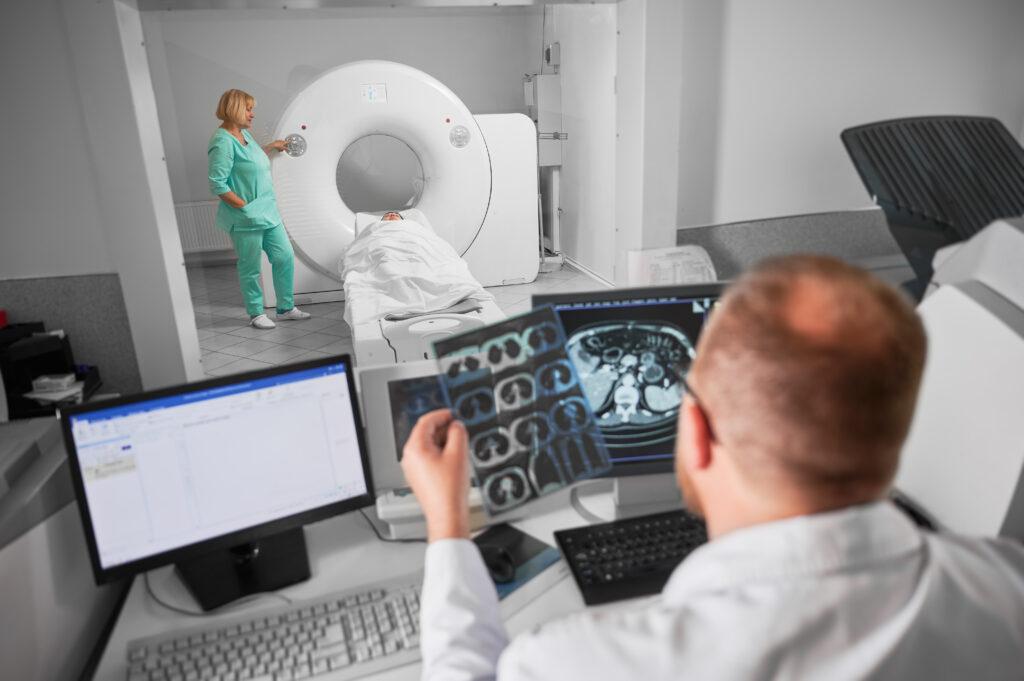
Another crucial way that nursing benefits from Artificial Intelligence is the concept of smart data algorithms. Nurses can now use tools like the recently developed Rothman Index to identify at-risk patients. They receive warnings when the index denotes that a patient is deteriorating, sometimes before the doctor or patient can even determine this themselves. With this technology, nurses and other healthcare providers can further predict and anticipate changes in a patient’s condition, and prepare treatment in advance for previously unforeseeable circumstances.
Mobile Health & Wearable Sensors
One of the most personal ways we will see AI develop in nursing and healthcare, mobile health and remote sensors are a natural extension of modern smart tech. The technology to strap a monitor to your wrist or slip it into your pocket already exists in the form of smart phones and smart watches.
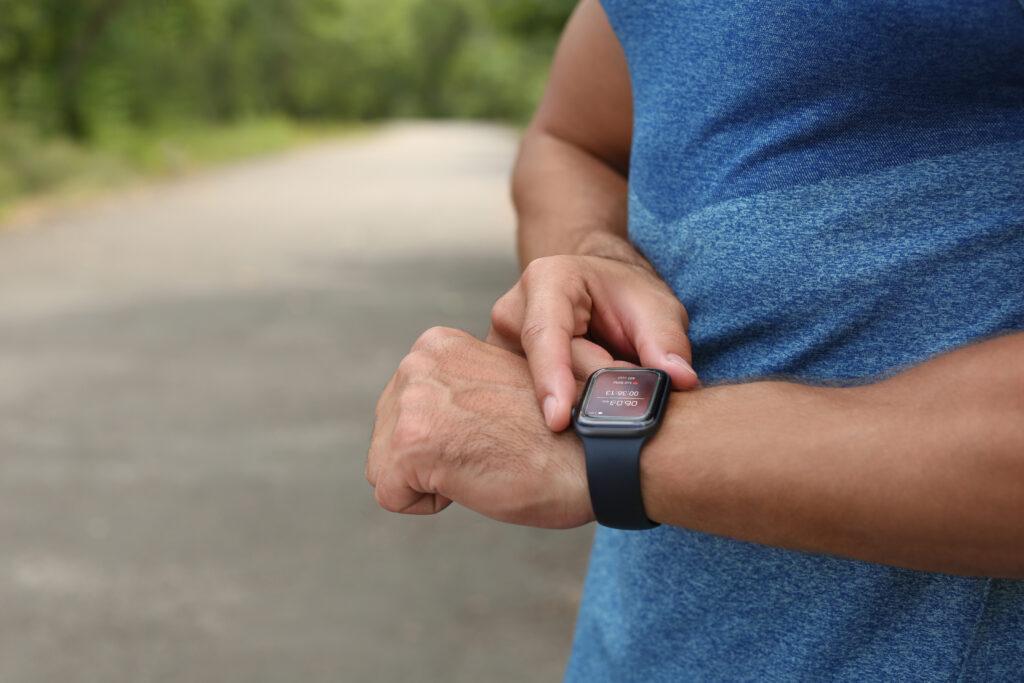
In addition, patient monitoring, data accrual, and predictions based on that data are already in place in most modern medical settings. Joining these two concepts together, as well as streamlining them with the use of AI data analysis, means that patients can monitor their own statistics and nurses can stay on top of – and sometimes even predict – unplanned changes, worsening conditions, and emergencies.
Voice Assistance, Virtual Conferencing, & Robotics
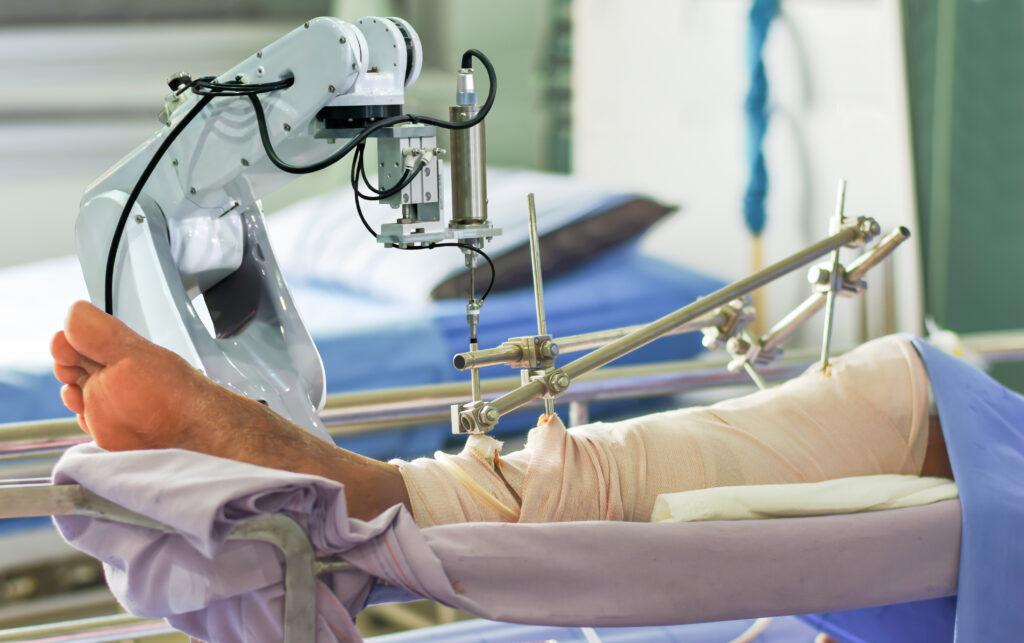
After all of those features, we finally come to the conception that most people have of AI. Voice assistants, virtual conferencing, and robotics are becoming a part of most industries, and ours is no different. Of the AI improvements listed here, this category also happens to be the most tested in the field. During the COVID pandemic, nurses paired voice assistive technology, robotics, and standard video technology to be able to speak and impart advice to patients without needing to be in direct contact with them.
The healthcare provider’s voice and likeness were transmitted via camera clearly and legibly, so that patients could receive crucial health information without interruptions or warbling, while their physical presence – a factor whose importance is understated in modern care – was relayed by the robotic component. This triple combination of existing technology – boosted, of course, by AI data processing – holds the potential to increase patient accessibility, streamline care without sacrificing empathy, and ease the burden on nursing staff, all at the same time.
The Impact of Artificial Intelligence in Nursing
As far back as 2014, the National Science Foundation and organizations like it have been funding nursing-centered robotics project grants. Their mission? Promoting the use of robotics in nursing activities on a nationwide scale. NSF has invested a whopping $3 million (and counting) on research aimed at learning how robots can perform nursing roles. If you’re a nurse, we can already see the pit forming in your stomach.
Don’t worry! Your job won’t become obsolete. If anything, this advent of AI tech will promote the opposite of job loss. Nurses themselves are engaged in the design, production, and use of these robots, which have been created with both patient care and nursing support in mind. The profession will evolve to include robotics, probably in mostly managerial roles, and nurses will be have more time to allot to other, more pressing tasks – like caring for their patients, for example!
Jogan Health always anticipates industry trends and shares them with our healthcare providers and followers. It is our job to keep you informed of the ups and downs of this industry we all call home, and it is in the community’s best interest to stay on top of innovation that improves lives. If you’d like help taking the next step in your nursing career, work as a healthcare provider and are looking for placement, or represent an organization trying to find consistent staff options, Jogan Health is here for you. Contact us today!

